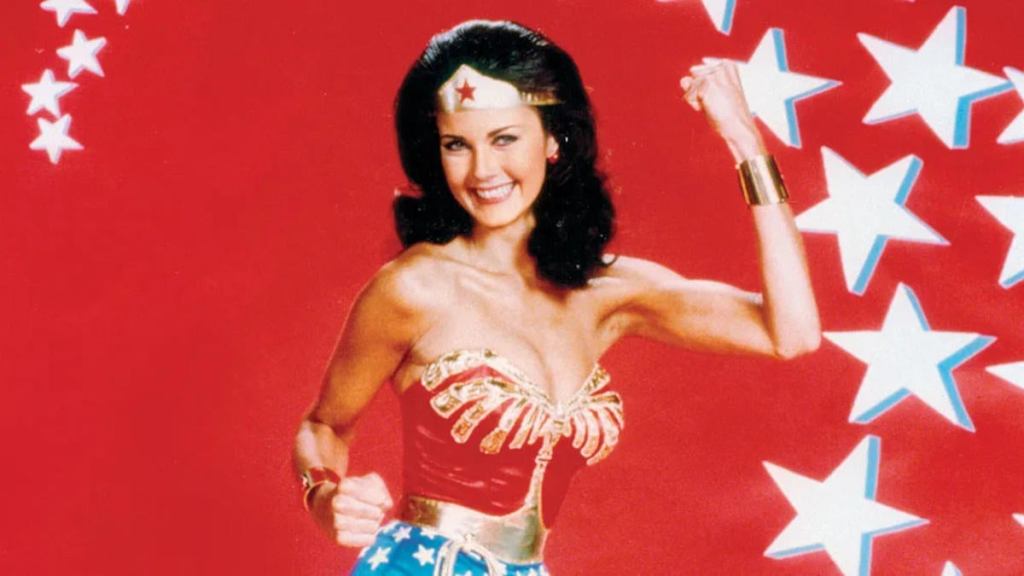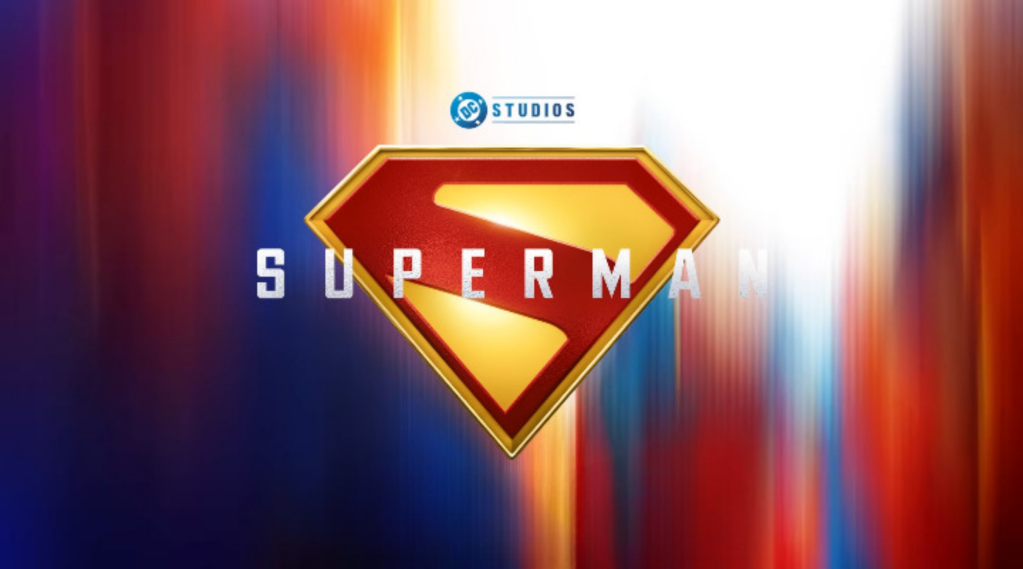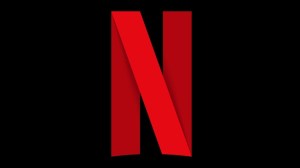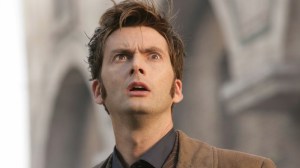Once upon a time, DC Comics was the master of its own destiny. Its editors, writers, and creative teams made decisions based on what was best for the company, its storytelling, and its fan base. During this era of independence, this iteration of DC Comics produced some of the most well-known and profitable comic book titles and characters in the history of superhero entertainment. However, that autonomy ended in 1967 when DC was acquired by Kinney National Company. Since then, DC has never fully regained its comic-focused independence. Creative decisions have often been subject to oversight by non-comic executives and influenced, on some level, by broader, non-comics-related business interests.
Videos by ComicBook.com
Now, with Warner Bros. Discovery — the parent company of DC Comics — recently deciding to split into two separate entities, superhero fans in general, and DC fans in particular, are left wondering: What does this separation mean for DC Comics? Will it continue to survive as the iconic comic book publisher that has long been a cornerstone of the superhero genre, or will it increasingly be leveraged by its corporate owners for other interests?
Is DC Comics a Content or Comics Company?

Two years after Kinney bought DC Comics, it was smitten with its entertainment business. Indeed, DC was its first entertainment-based holding, but it wasn’t its last. In 1968, it purchased the movies and film equipment company Panavision. In 1969, it purchased the once venerable Warner Bros.-Seven Arts film studio, which itself had recently bought Atlantic Records. In 1970, it purchased Elektra Records, and in 1971, it purchased the cable TV operator Television Communications Corporation. One year later, it spun off its non-entertainment assets and reorganized itself as Warner Communications — a media company with interests in television, movies, music, and, of course, comic book publishing.
Even in its early years, while DC Comics operated with a fair degree of independence, it should have been evident that the leadership at Warner was preparing to integrate its diverse media components into an effective whole. In fact, despite this independence, DC Comics still worked within a corporate structure that viewed it as a key asset in its overall media strategy. Additionally, this period saw Warner’s first attempts to grant licenses for DC Comics material, such as toys based on Batman, Wonder Woman, and Superman. It also began its own television adaptations, such as the 1975 Warner Bros. produced Wonder Woman TV film, and the 1975 Wonder Woman television series starring Lynda Carter.
Then, the door to using DC Comics content in cross-media efforts swung open with the successful 1978 release of Superman: The Movie – a film that was distributed by Warner Bros. Studio. From that point on, DC’s characters were treated as valuable multimedia assets for Warner to leverage as it saw fit. This was most evident in the surge of DC adaptations on television and in film. However, this relationship was not one-sided — Warner also increased funding to DC Comics in an effort to, “let the content flourish.”
Warner Bros. Streaming and Services Grabs up DC Comics

According to the details of the Warner Bros. Discovery (WBD) split, DC Comics will fall under the oversight of the new WBD Streaming and Studios entity, which, as the name suggests, encompasses the company’s film, streaming, and video game assets. While the inclusion of DC Comics in WBD Streaming and Studios could mean many things, it’s hard to ignore the possibility that it’s being positioned as a content farm for the studios, rather than a superhero comic book-focused publisher that was, and remains, an anchor to the mainstream superhero comic book industry.
Notably, DC Comics is the sole publications-related asset that will be part of WBD Streaming and Studios. Moreover, rather than having a separate comics and film division, all DC assets within WBD Streaming and Studios appear to be overseen by the James Gunn and Peter Safran-led DC Studios. The media venture was established in 2016 to adapt DC Comics content into movies, cartoons, and TV shows. This suggests — though it doesn’t confirm — that DC Comics head Jim Lee may report to Gunn and Safran. Even if that’s not the case, the new corporate structure highlights a striking contrast between old and new media: DC Comics stands as the lone comic book publisher in a room full of film, television, and streaming studios.
Welcome to DC Comics – Warner Bros. New R&D Department

Beyond its worrying placement within the new WBD entity, there’s also the broader, industry-wide embrace of the “IP era.” This refers to the prevailing view among studio and streaming executives who see comic books as valuable assets for creating a broader range of content, rather than as isolated works. Under this business ideology, comic books are no longer treated as standalone products but rather as raw material that can be adapted into various formats, including cartoons, television shows, and movies. Indeed, according to a report from Variety, WBD described its Streaming and Studios division as having “renowned content production capabilities and irreplaceable library with highly recognizable IP and a growing streaming platform.”
There’s no guarantee that events will unfold as described, but history suggests a strong likelihood. In this context, history refers to the evolution of Warner Bros.’ vision since its acquisition of DC in 1967. This vision established a policy of integrating DC Comics content across its film, television, and licensing properties. This historical perspective also encompasses the broader entertainment industry, particularly over the last decade, where comic book content — especially superhero narratives — has become an extremely valuable raw material for film, television, and video games. This trend is exemplified by Disney’s highly successful and profitable Marvel Cinematic Universe, built upon Marvel’s comic book foundation. Similarly, Japanese manga have been instrumental in the global explosion of anime. DC Comics’ possession of one of the two largest libraries of superhero comic book content in the world means it will be hard for WBD executives to “buck” the history.
So, the likelihood of DC Comics effectively becoming a storyboarding and content development arm for WBD Streaming and Studios is significant. While this may be seen as a win for the broader entertainment industry, longtime fans of DC Comics will view it as a loss. The publisher’s tradition of bold, innovative, and high-quality comic book storytelling is likely to take an even greater back seat to narratives designed to align with film, television, and gaming interests. Only time will tell — but the writing is on the wall.
What do you think of DC Comics’ future in the new WBD Streaming and Services? Let us know in the comments.









